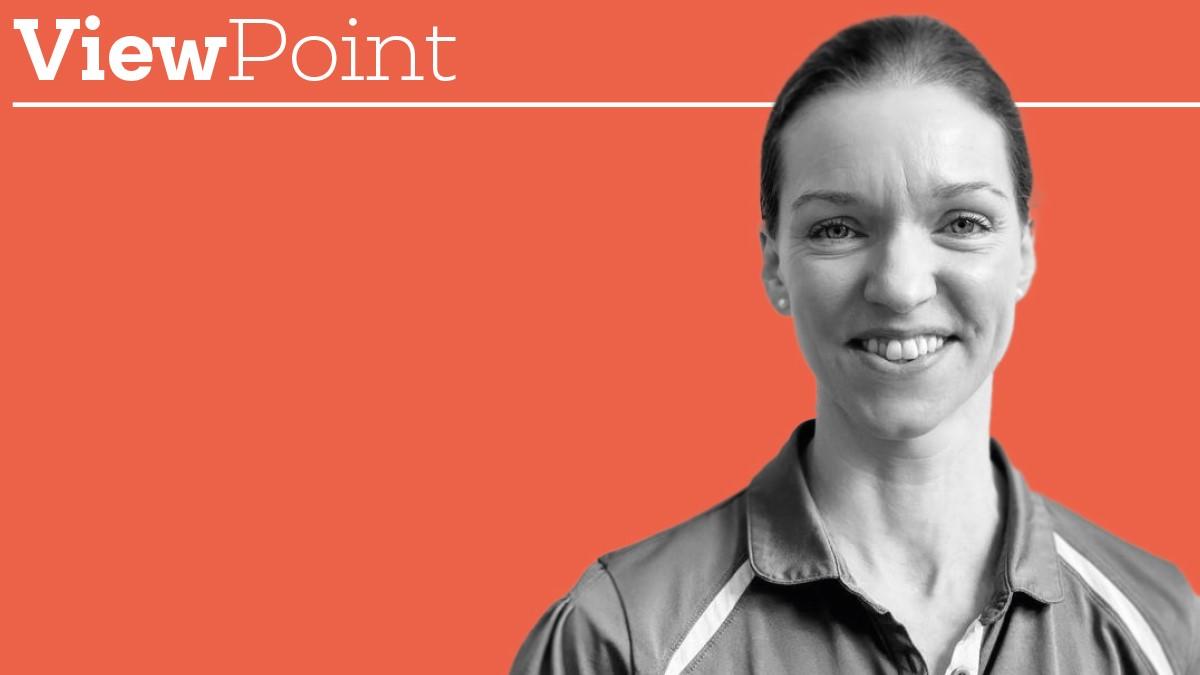Many physiotherapists are already reaping the benefits of the partnership with exercise professionals, whilst for others it may be a new concept. Helen Alexander explains the benefits she’s seen in her workplace

As physiotherapists many of us are familiar with being part of multidisciplinary teams. We pride ourselves on the benefits this brings to our patients.
Typically, we work closely with nurses, doctors, support staff and other AHPs. The patient then gets the best of everyone’s unique skillsets, knowledge and experience.
Increasingly many of us are working alongside other exercise professionals – exercise physiologists, fitness instructors, personal trainers and strength and conditioning coaches.
There is growing recognition, particularly in rehabilitation, that exercise professionals and physiotherapists have complementary skillsets which when used in collaboration can enhance the rehabilitation journey of our patients.
I’ve seen the benefits of this in my own workplace. At Nuffield Health we have cardiac and oncology rehabilitation programmes jointly delivered by exercise professionals and physiotherapists with support from a wider MDT.
Physiotherapists often carry out an initial assessment and advise on adaptations for any co-morbidities, and exercise professionals perform functional capacity testing, collect health outcomes, and deliver and monitor appropriate exercise prescription.
As an MDT we discuss any challenging cases, whilst sharing learning opportunities together.
I feel physiotherapists are well placed to assess complex musculoskeletal, respiratory or neurological impairments that often feature in long-term conditions and ensure any exercise prescription is appropriate and safe.
Our exercise professionals, many of whom hold additional level 4 qualifications and experience of delivering a range of exercise modalities, bring valuable skills to enhance our exercise interventions.
The success of this approach depends on understanding of each other’s roles and responsibilities, good communication and above all respect for our unique and shared skills.
When we see each other as partners not competitors everyone benefits.
Find Out More
Number of subscribers: 1




































